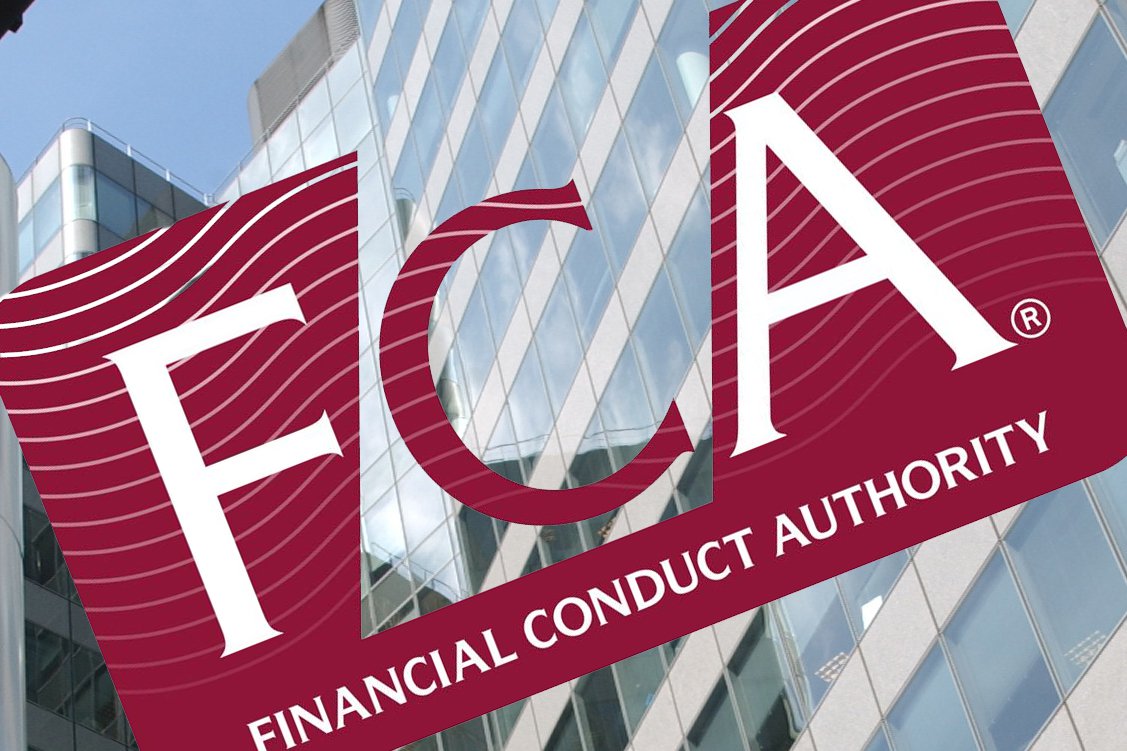By Guy Matthews, managing partner, Sarasin & Partners
In 2015, the world set itself a target to keep temperature increases below 2°C, and ideally 1.5°C – the Paris Climate Agreement’s goal. This was in response to overwhelming scientific evidence that the climate is warming at an unprecedented rate, with potentially devastating implications. Since then, it has become clear our planet is warming faster than previously thought. We must reduce net carbon emissions to zero by 2050 if we wish to keep temperature increases to 1.5°C, and by 2070 for a 2°C cap.
What is required is radical economic and social transformation – the entire world must be weaned off carbon within 30 years. This means phasing out fossil fuel dependence and other carbon-emitting activities across all sectors of the economy, while halting the destruction of natural habitats that act as critical carbon sinks and are home to vital life-supporting biodiversity. The challenge is enormous, and every day counts.
Asset managers are in a unique position to help drive the transition to net-zero carbon emissions. As stewards of our clients’ assets, we can effect significant positive change by deciding where to deploy capital, and in turn, influencing how companies deploy their own capital.
Strength in numbers
The Net Zero Asset Managers Initiative (NZAM), which has attracted 236 signatories with USD 57.5 trillion in AUM, is rapidly becoming a potent force for driving market-wide solutions to climate change. It represents a significant development in marshalling and mobilising capital to combat climate change, as, crucially, it is built on cooperation and alignment.
NZAM signatories are committed to work in partnership with their clients on decarbonisation goals, consistent with an ambition to reach net-zero emissions by 2050 or sooner across all assets under management. In addition, signatories must set a target for the proportion of assets to be managed in line with the attainment of net-zero emissions by 2050 or sooner. Our target is to ensure by 2025 that all investments we hold on behalf of clients on a fully discretionary basis will be net-zero aligned, or subject to efforts to drive 1.5°C-alignment.
Investors must also promote sustainable business practices through thoughtful voting and engagement with companies. Where concerns arise, investors can – and should – make public calls for change and build coalitions with like-minded stakeholders through initiatives such as NZAM.
Engage for change
We do not believe a simplistic divestment approach is in keeping with the Paris goals, as investors have a vital role to play in pressing carbon-intensive companies to change course. In the end, we will only successfully limit global warming if everyone acts. Robust engagement can deliver greater impacts – and a better outcome – for our planet, but it needs to be undertaken with purpose, tenacity and transparency.
For example, we already – and will continue to – vote against company directors where we see inadequate action to align strategies and operations with a 1.5°C pathway. We will vote against auditors who fail to call out unsustainable company accounts, thereby facilitating continued investment into harmful carbon-intensive activities. We will publicly set out our reasons for doing so, putting the spotlight on poor corporate performers.
Confront inaction
Climate change is not going away, and the greatest risk today is one of inaction. We do not have the luxury of time. It is vital we act today.
What matters is not whether an individual portfolio is carbon neutral, as this is easily achieved by selling securities in carbon-intensive companies – what matters is that the world achieves net-zero carbon emissions by changing the way we produce and consume goods and services. We must change attitudes and behaviours, and also innovate to find carbon-free alternatives in all aspects of our lives.
The NZAM action plan is by no means the final blueprint. We must be flexible in responding to new scientific insights and better methodologies. However, it is a clear and public affirmation that asset managers are serious about climate change and, above all, determined to play our part to help protect the planet for generations to come. We intend to do this by confronting inaction, not looking the other way.






